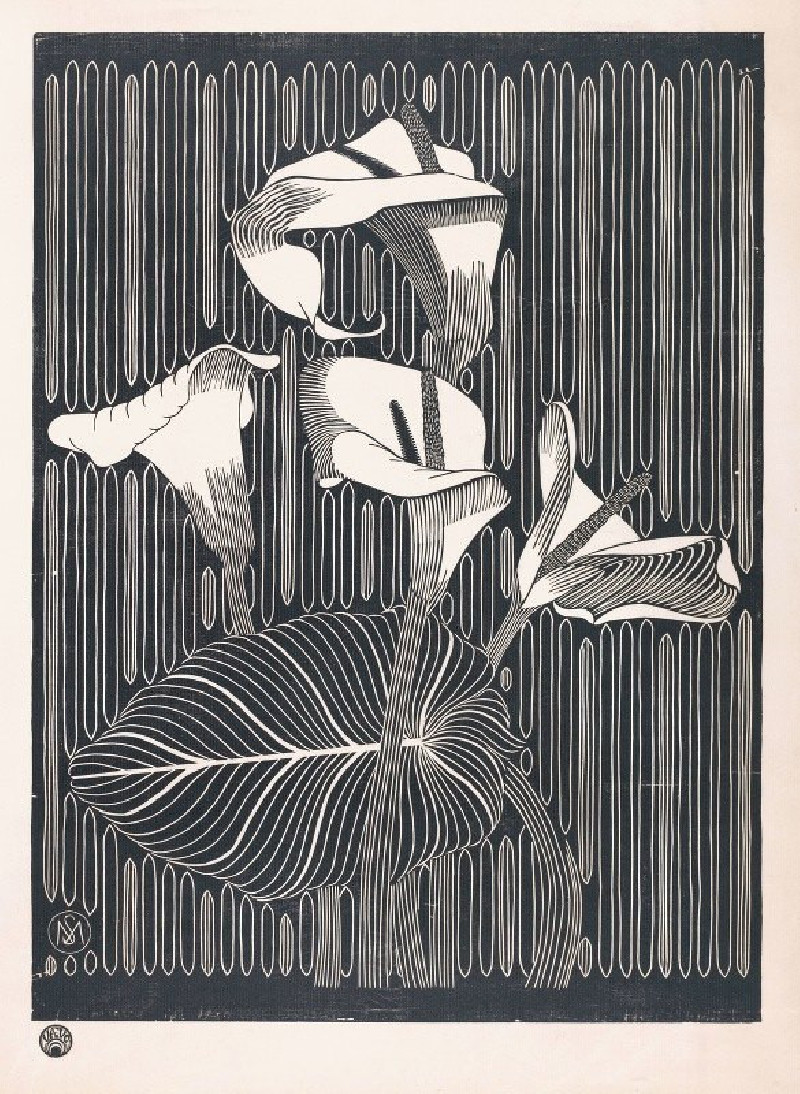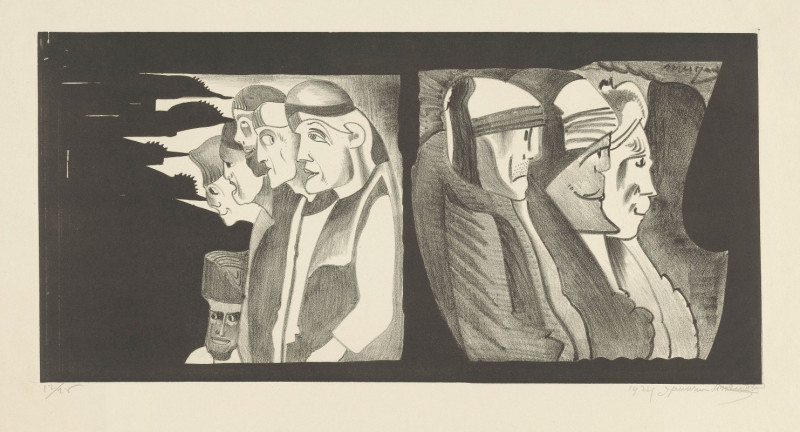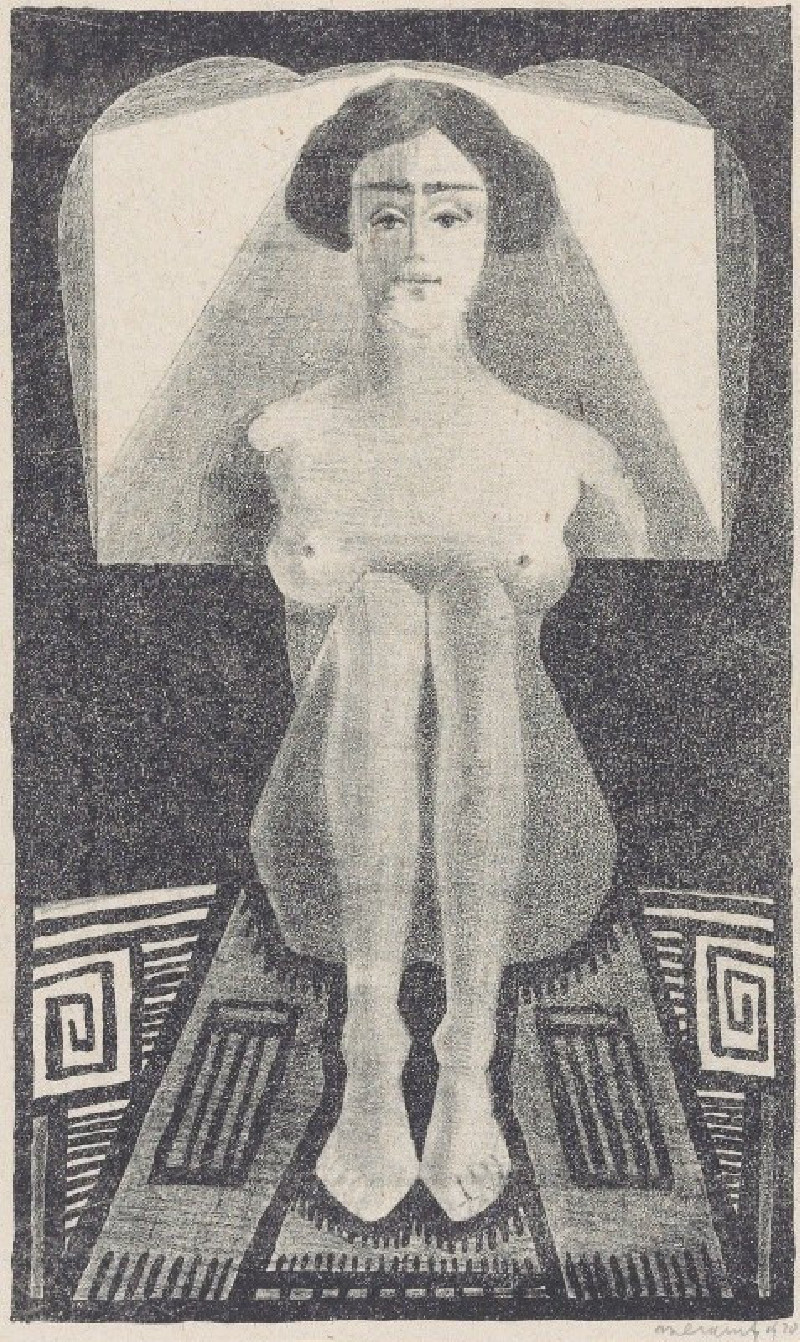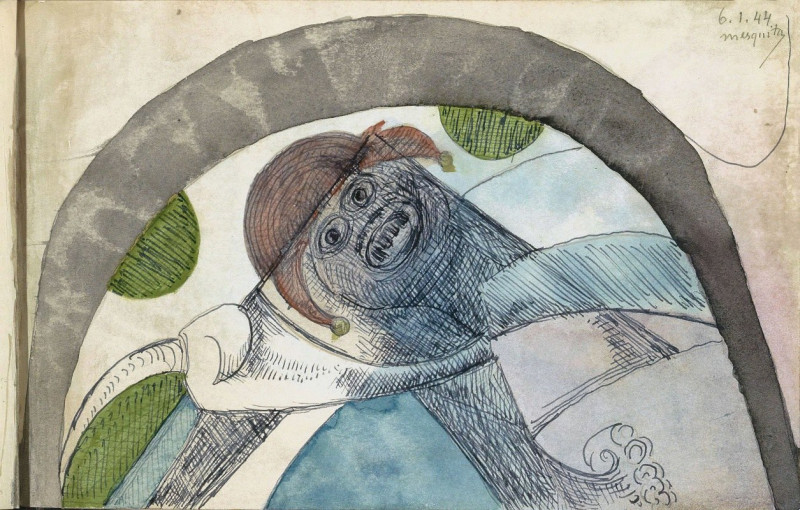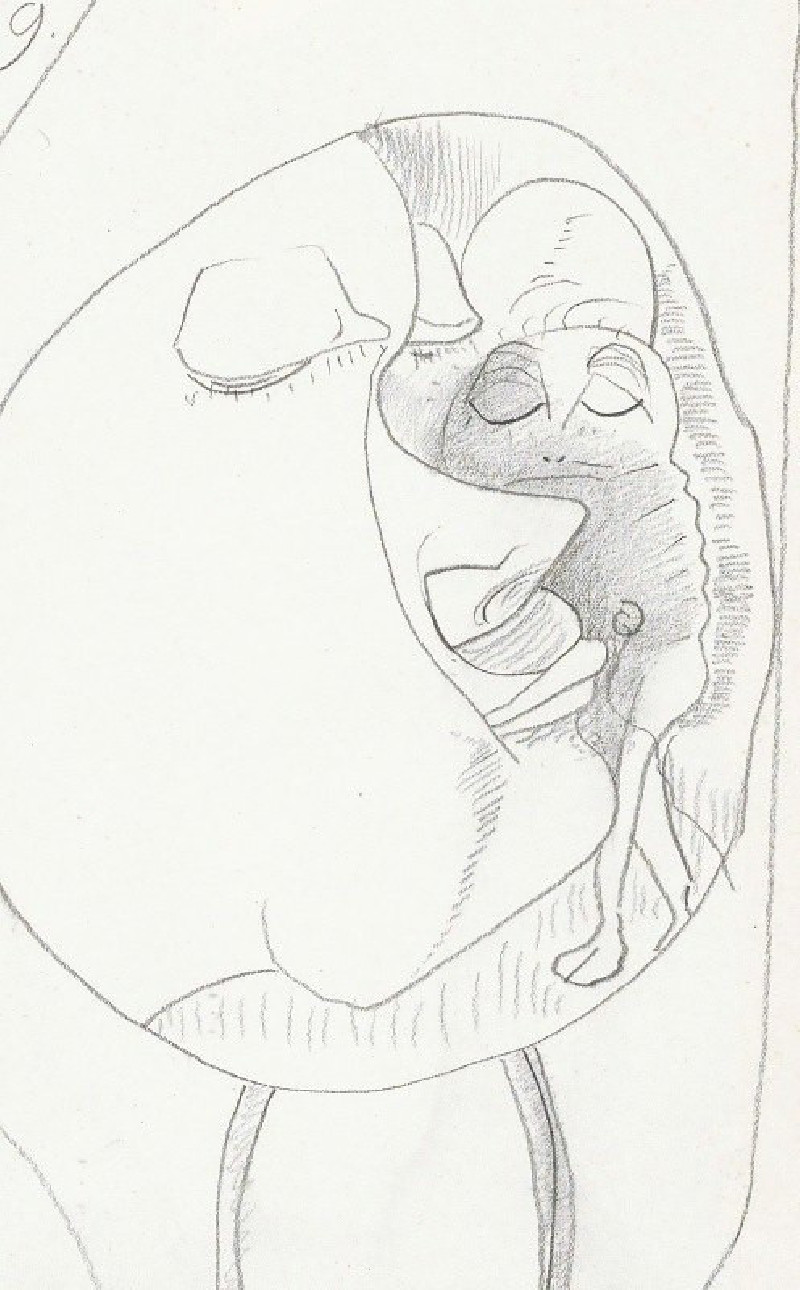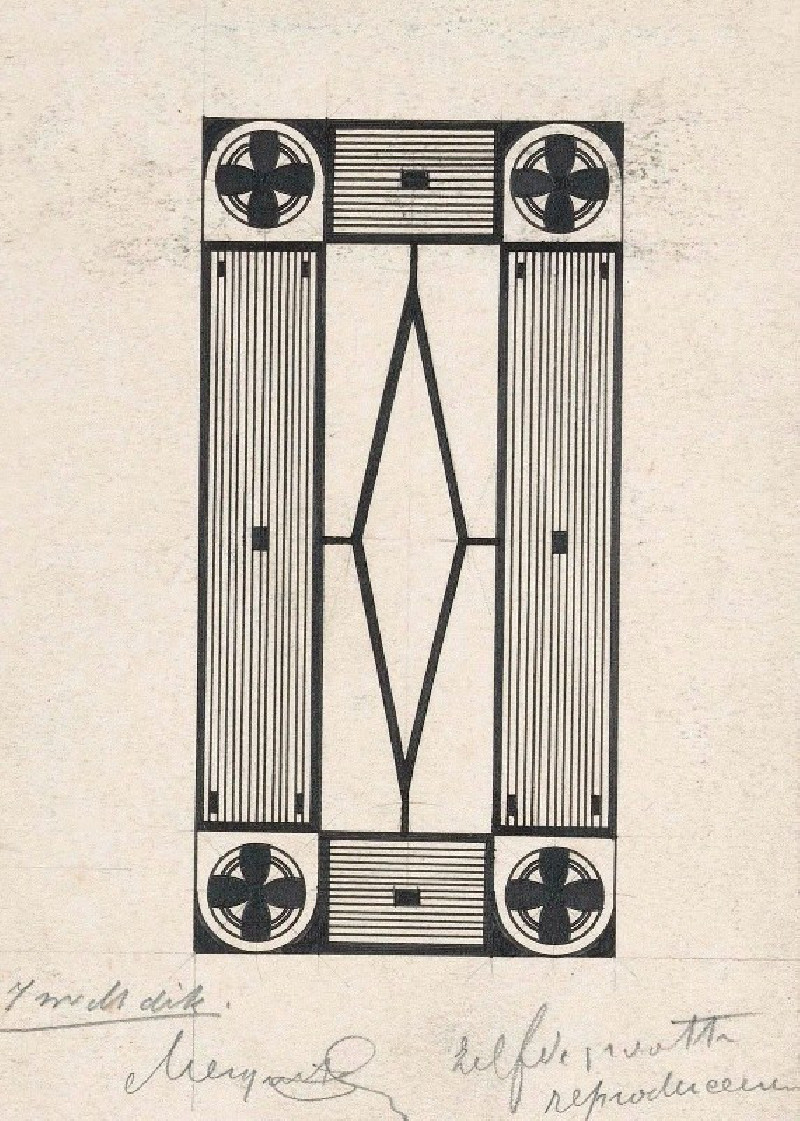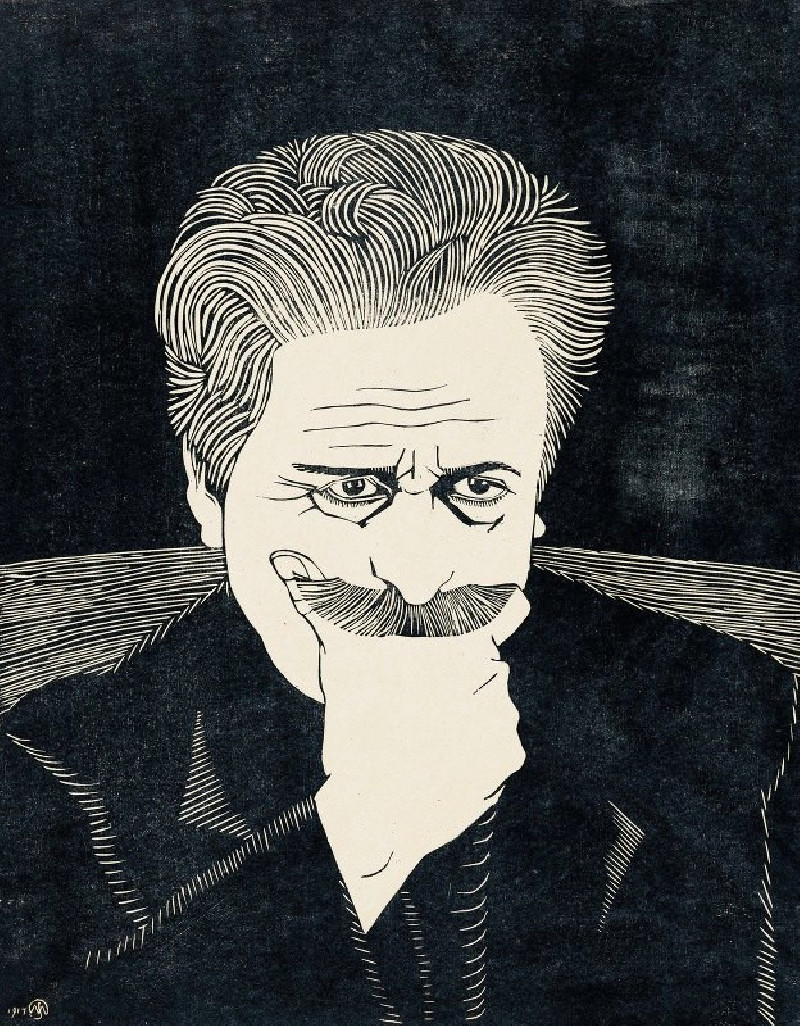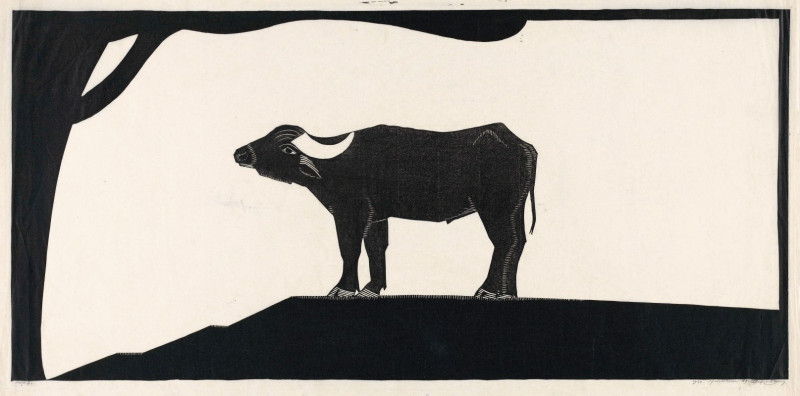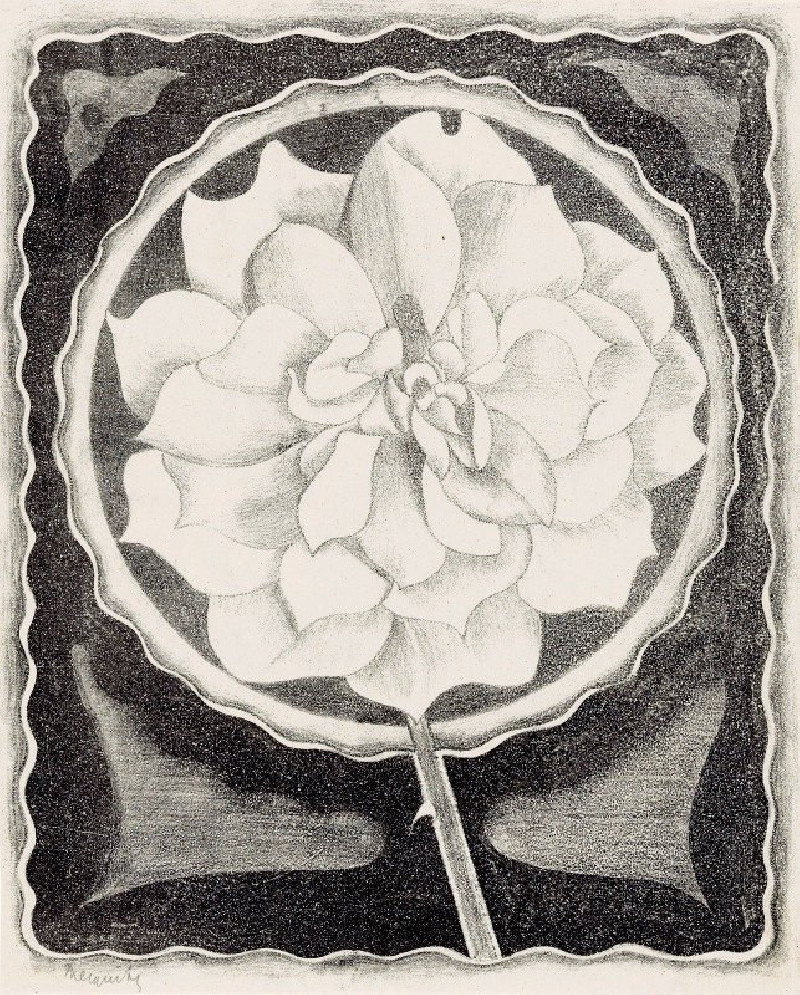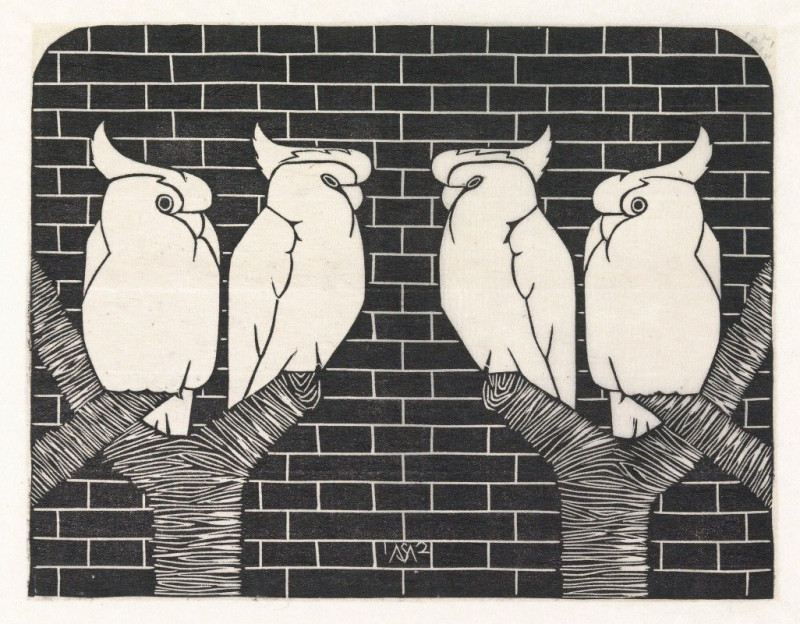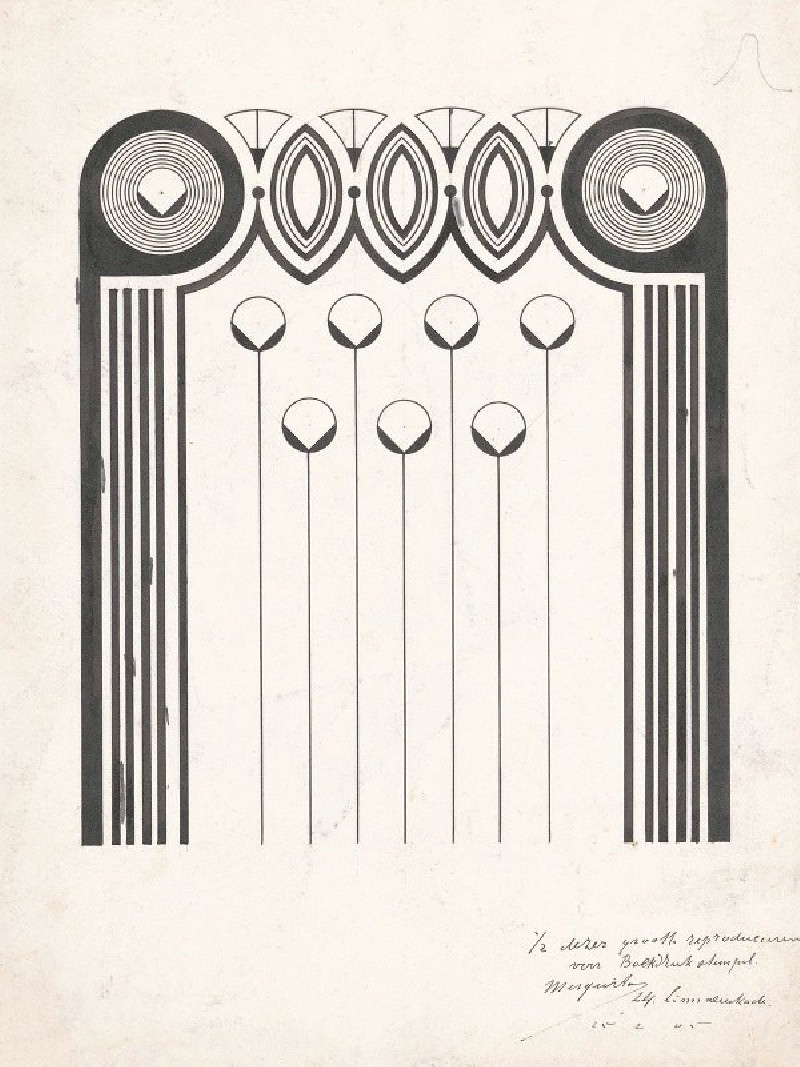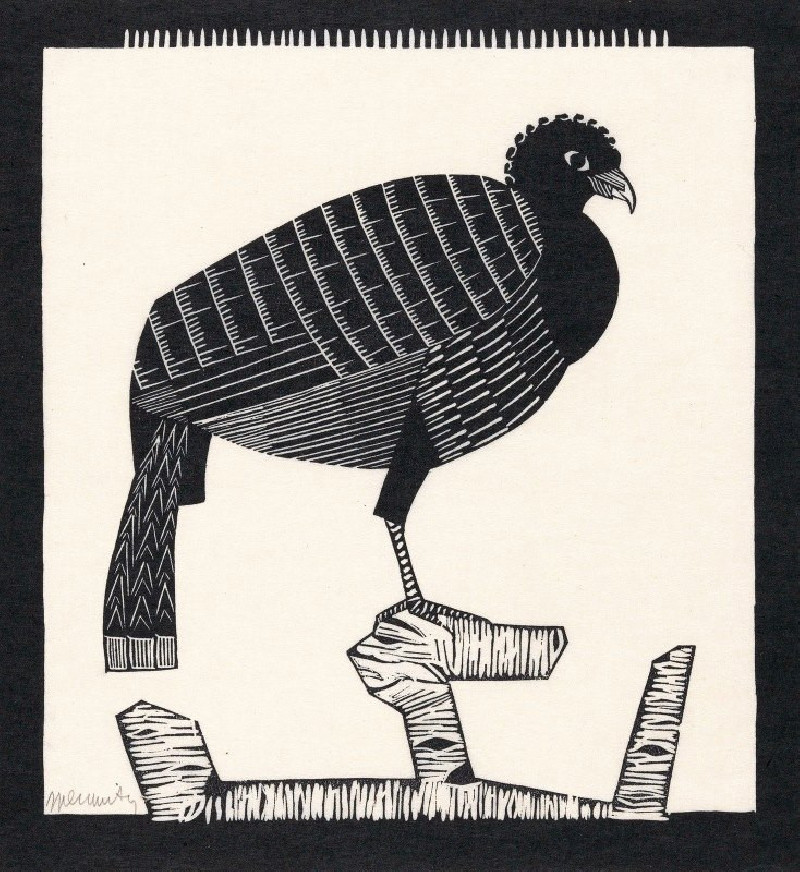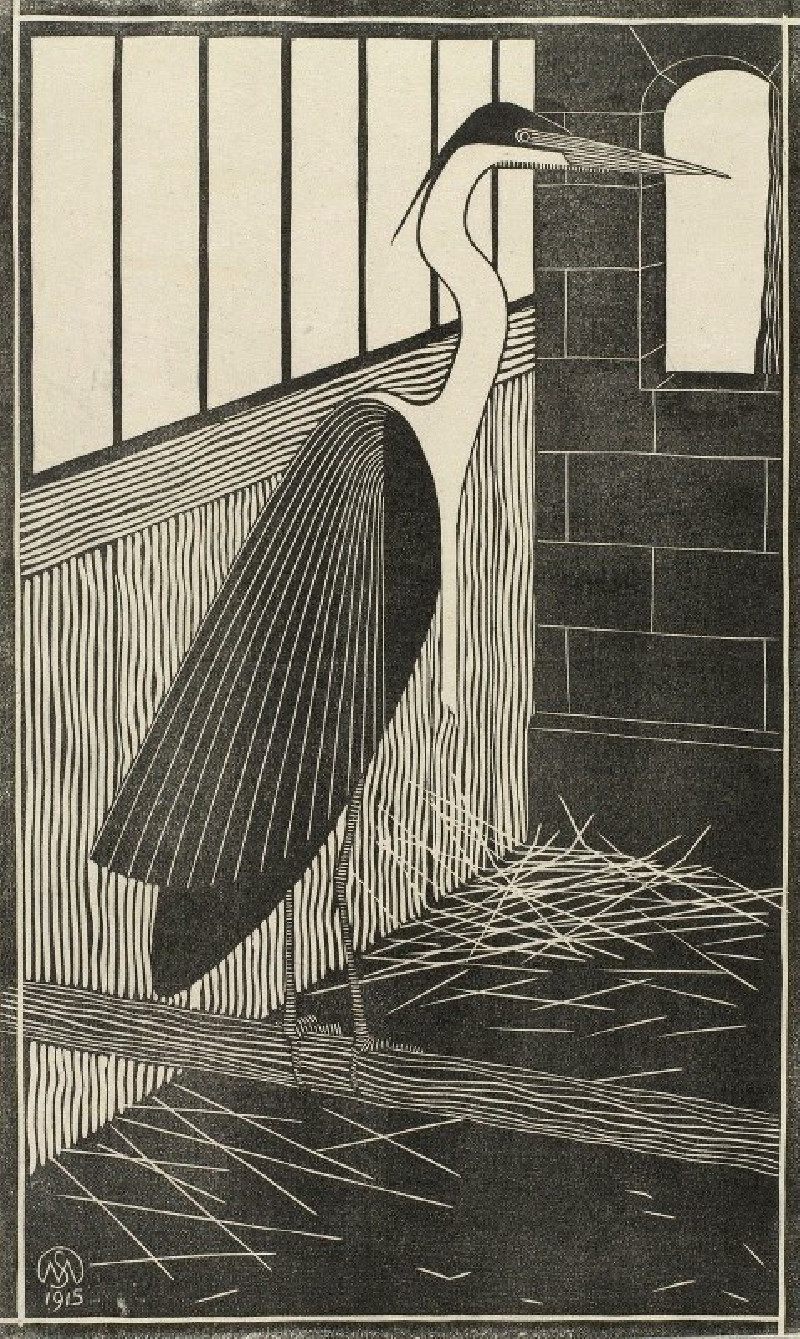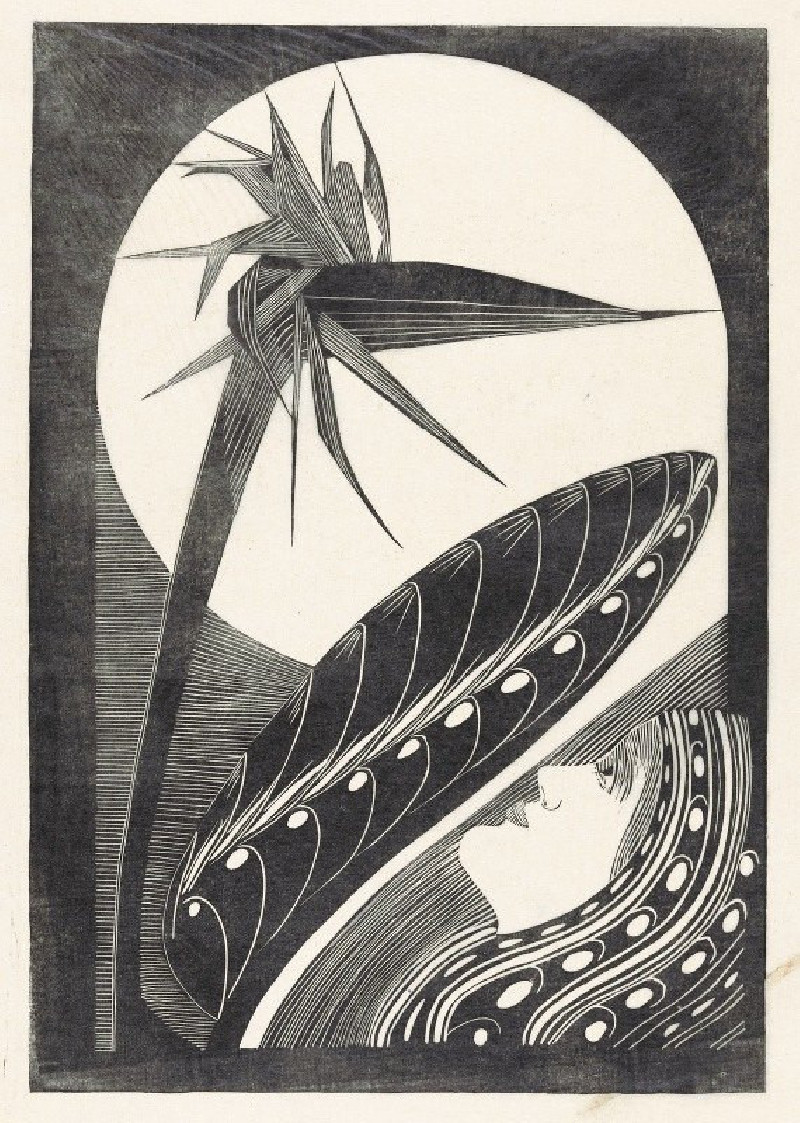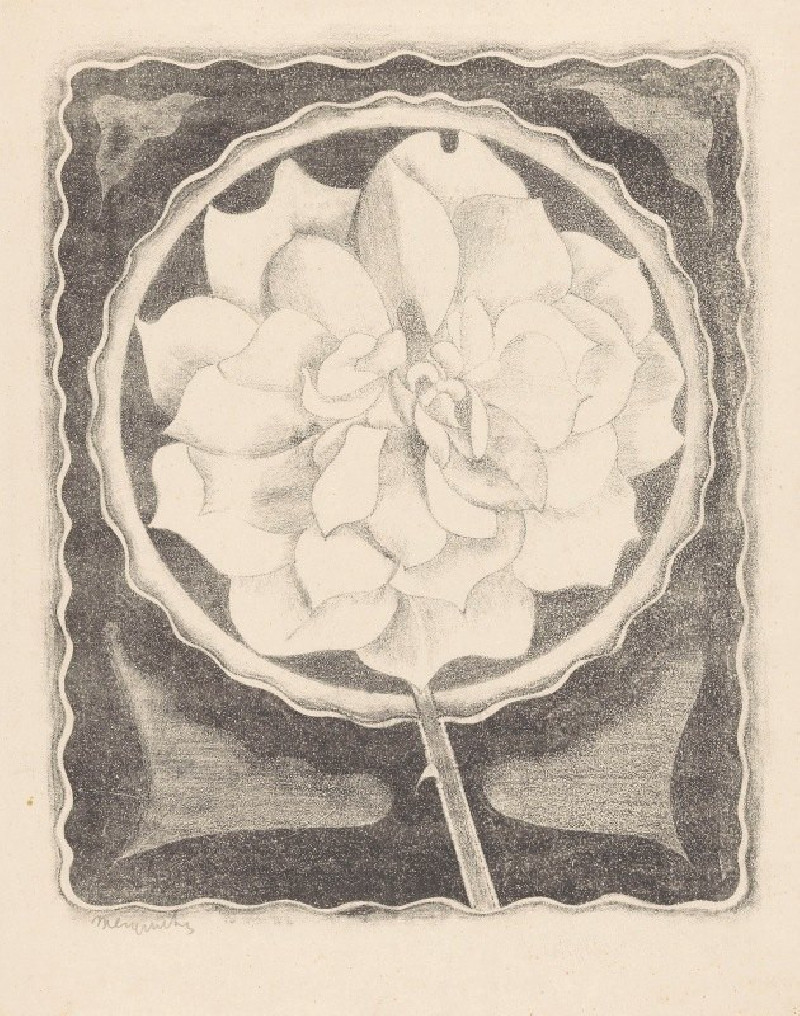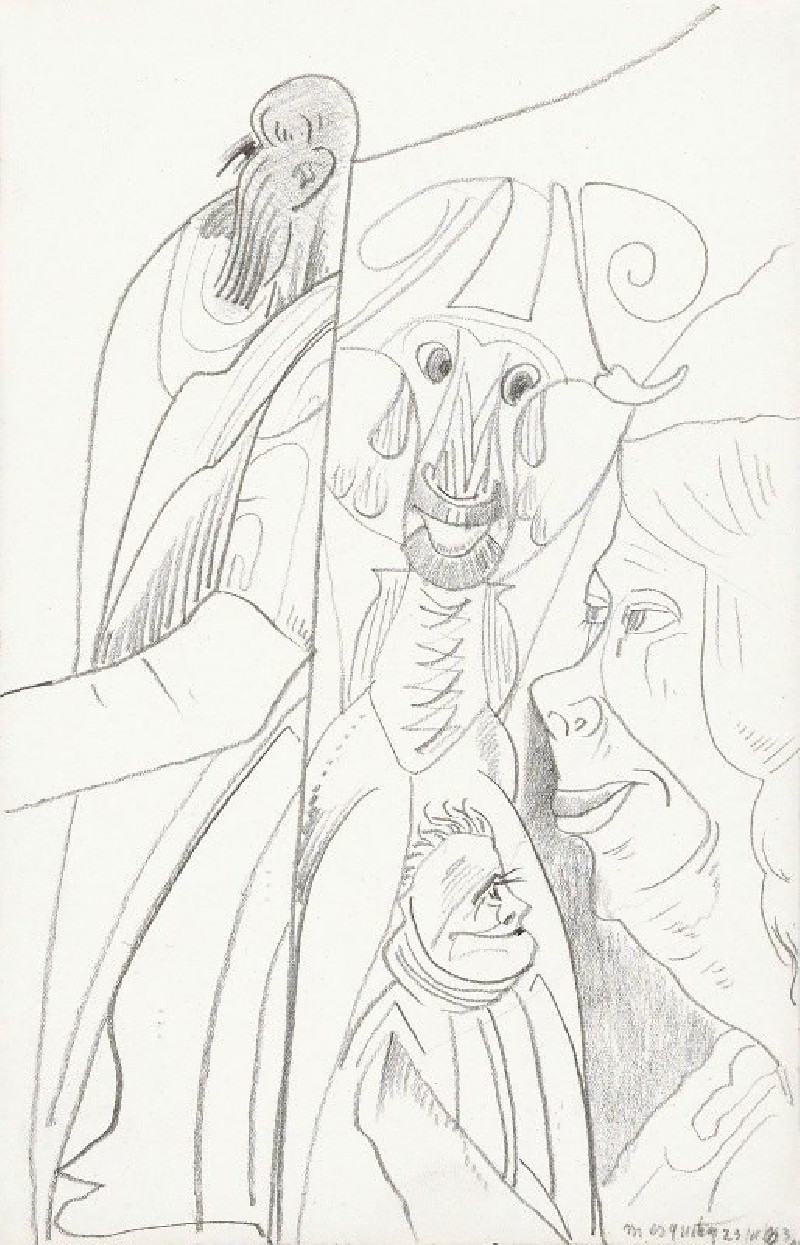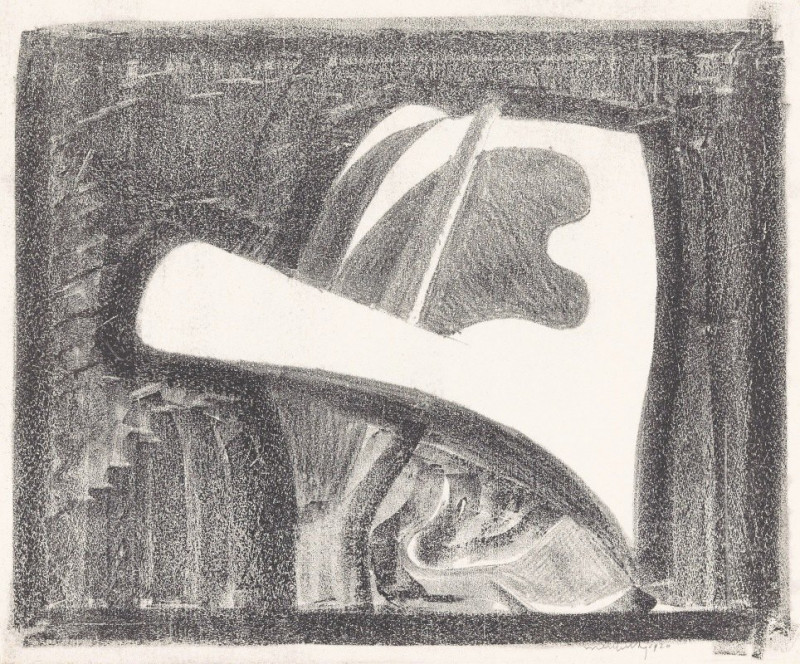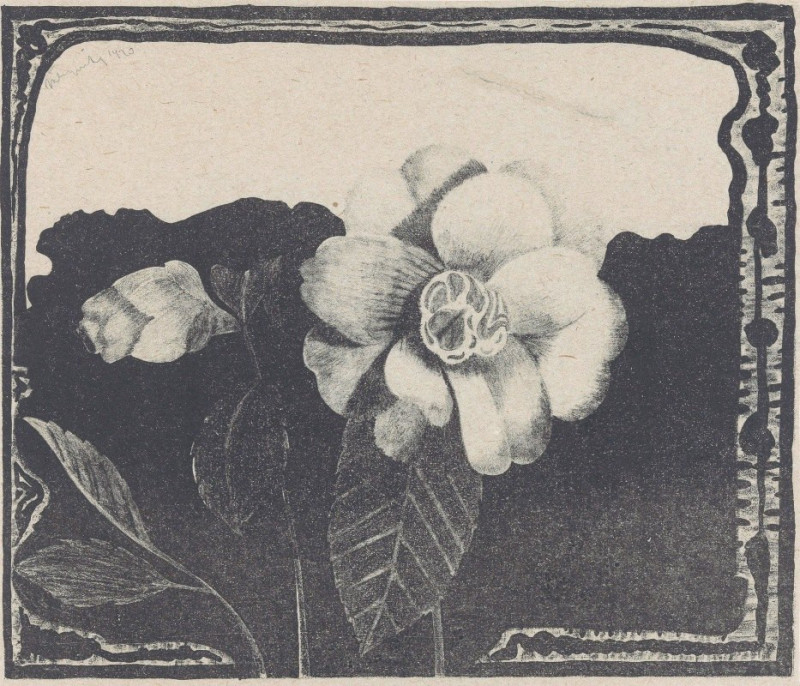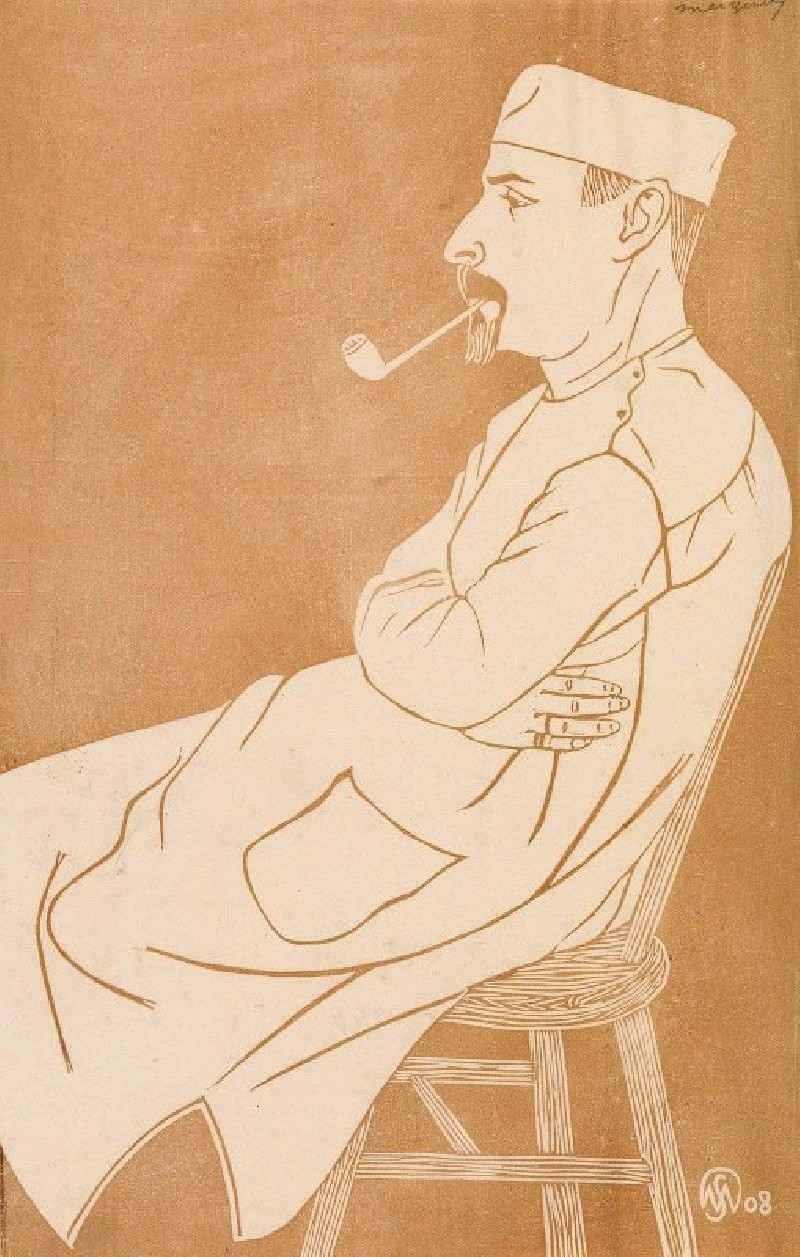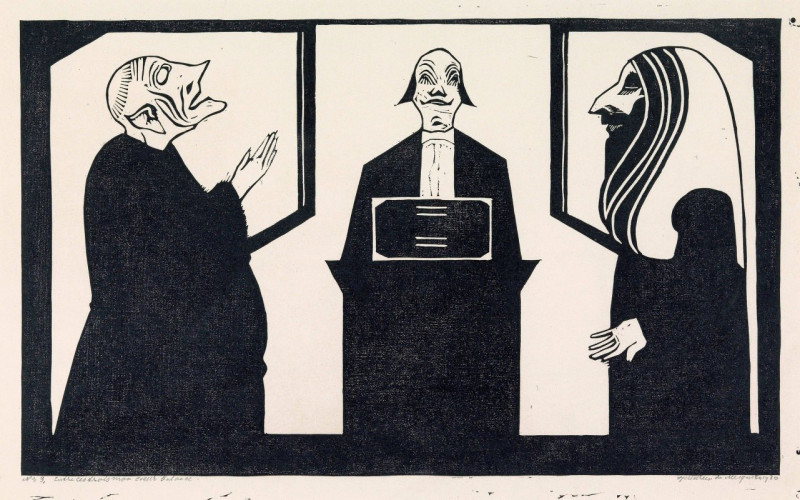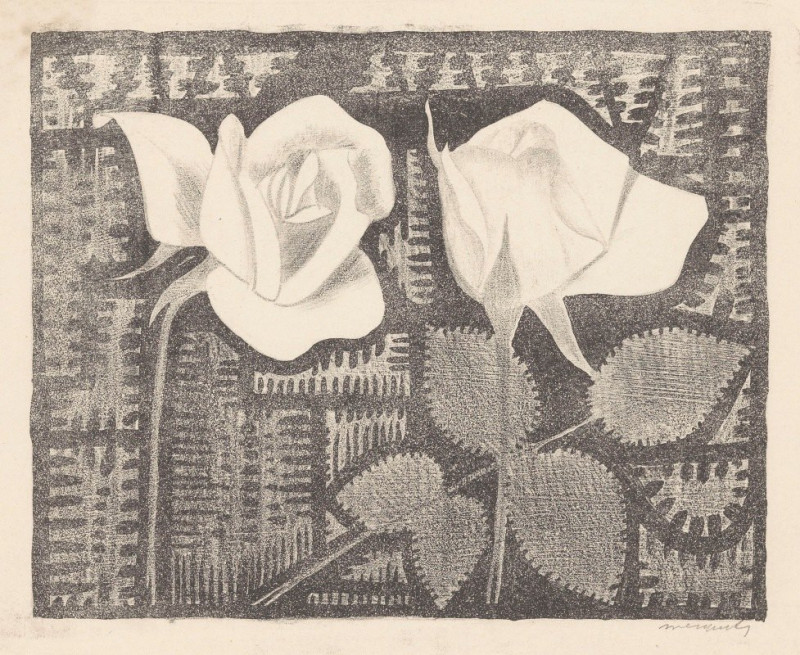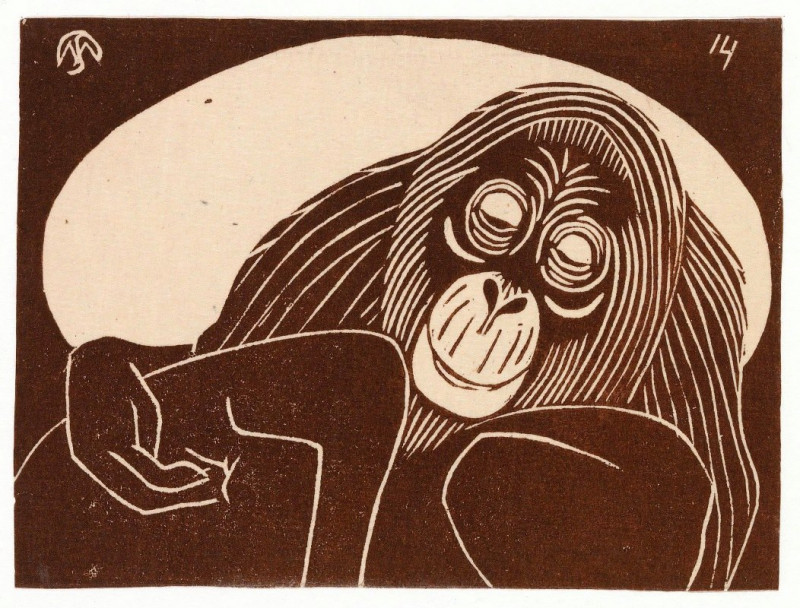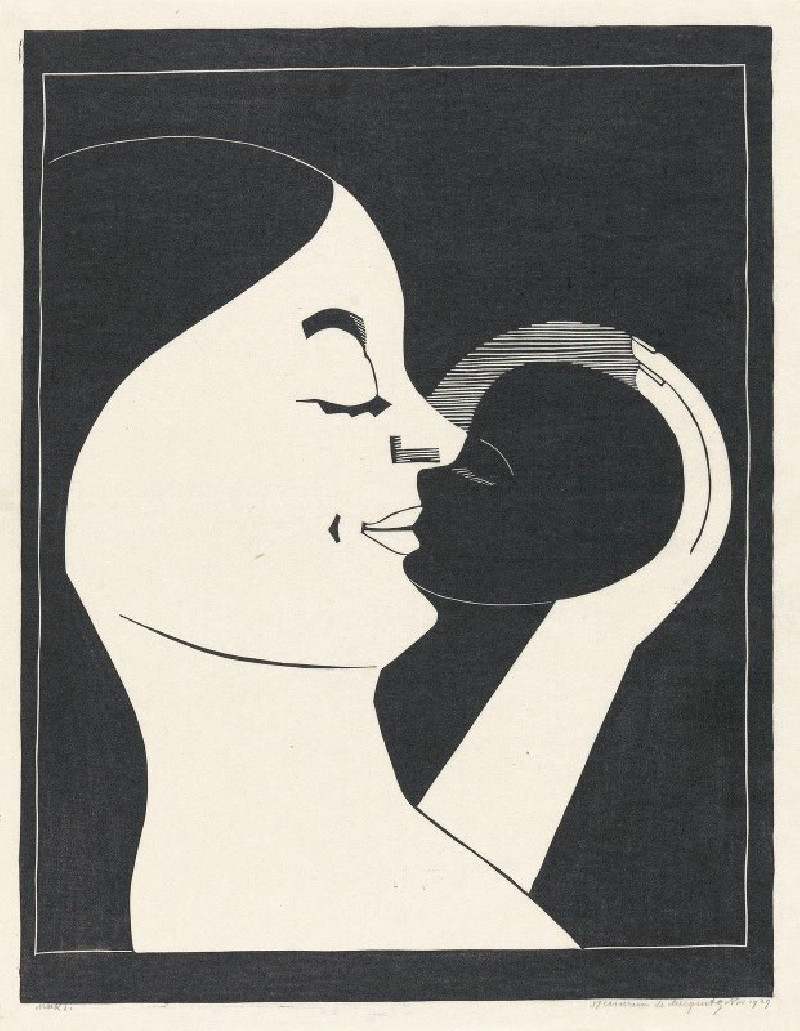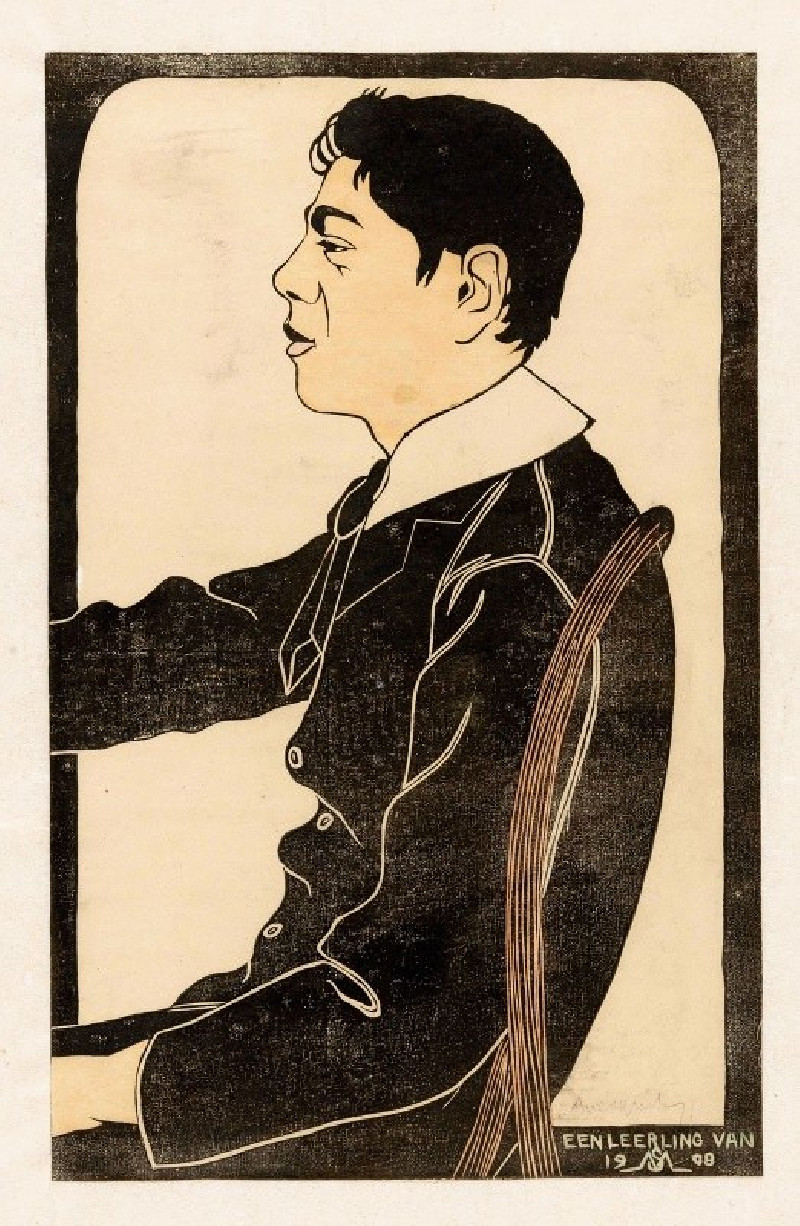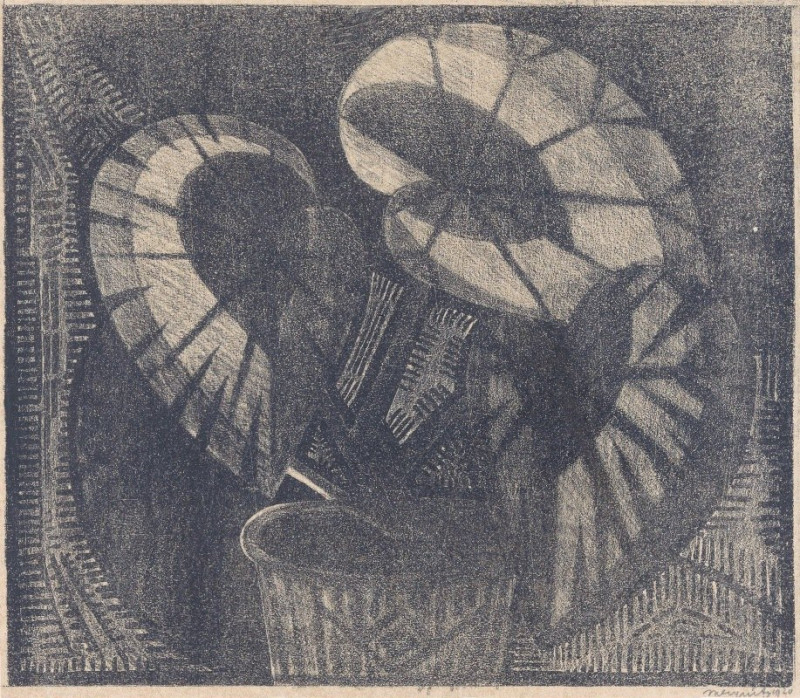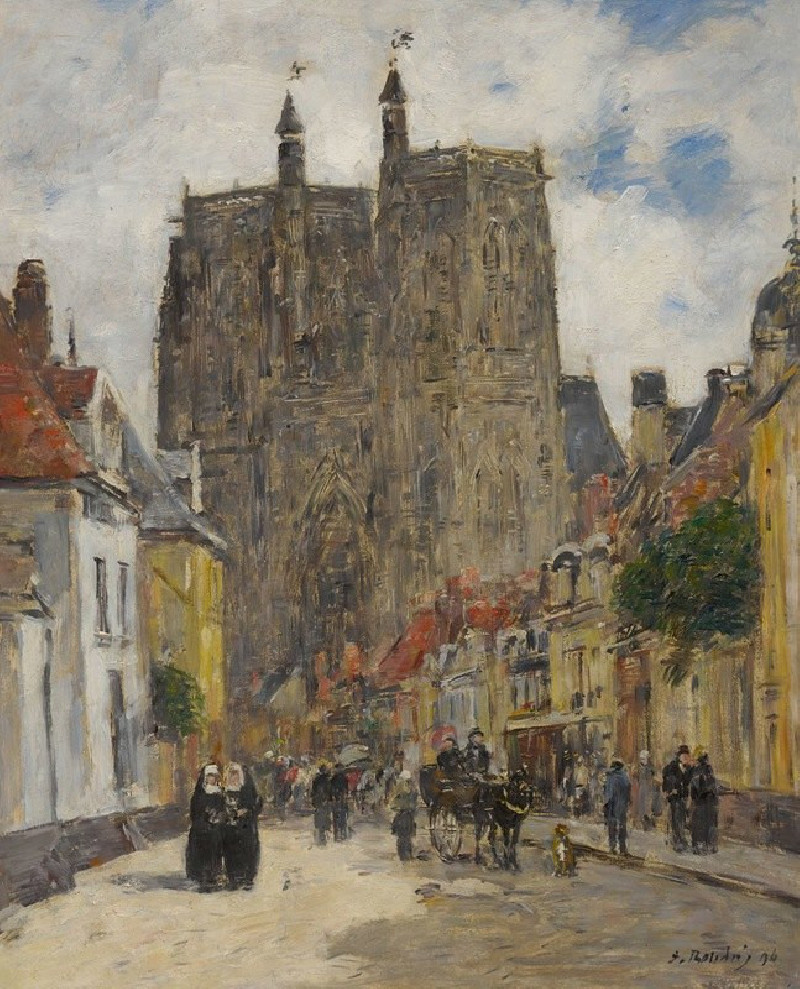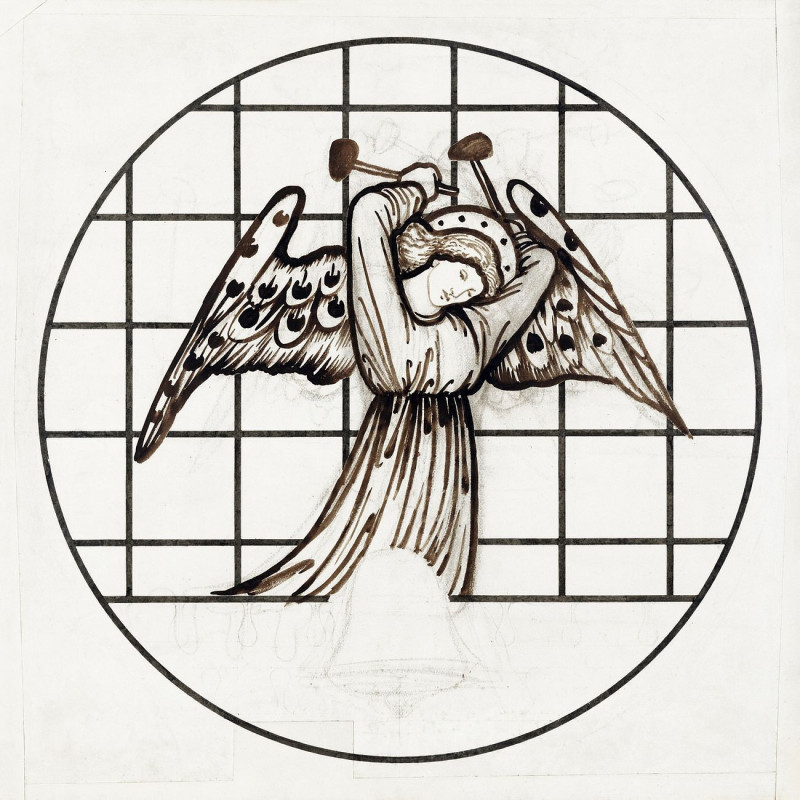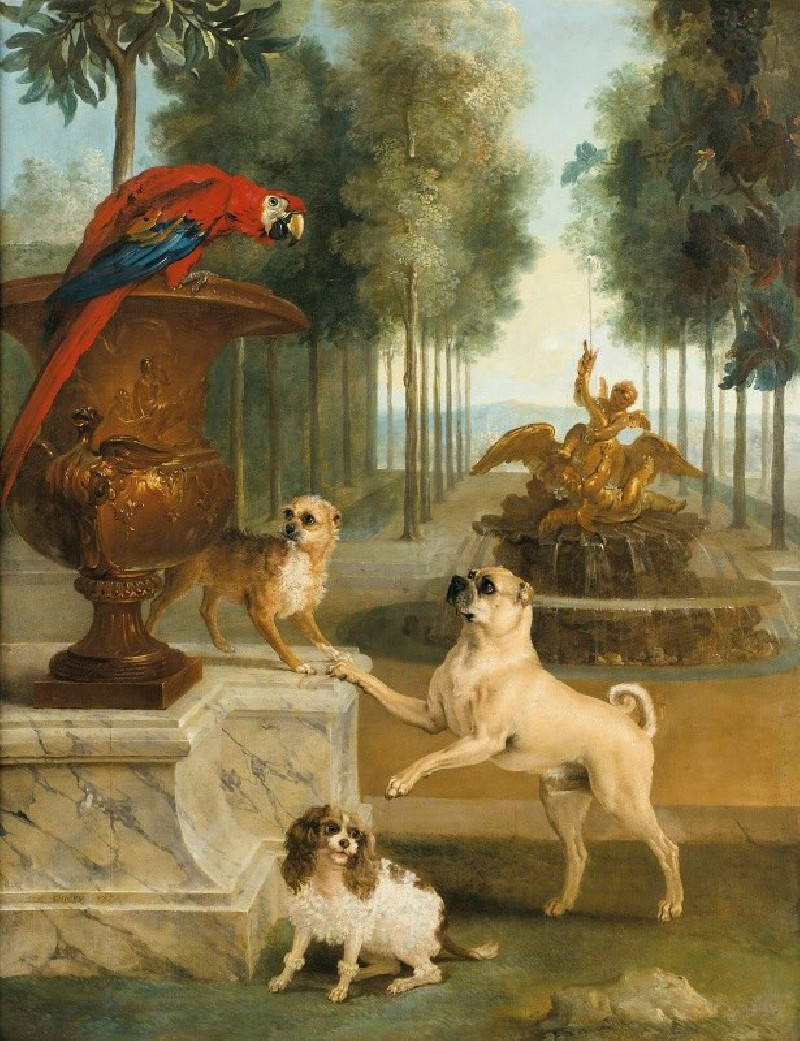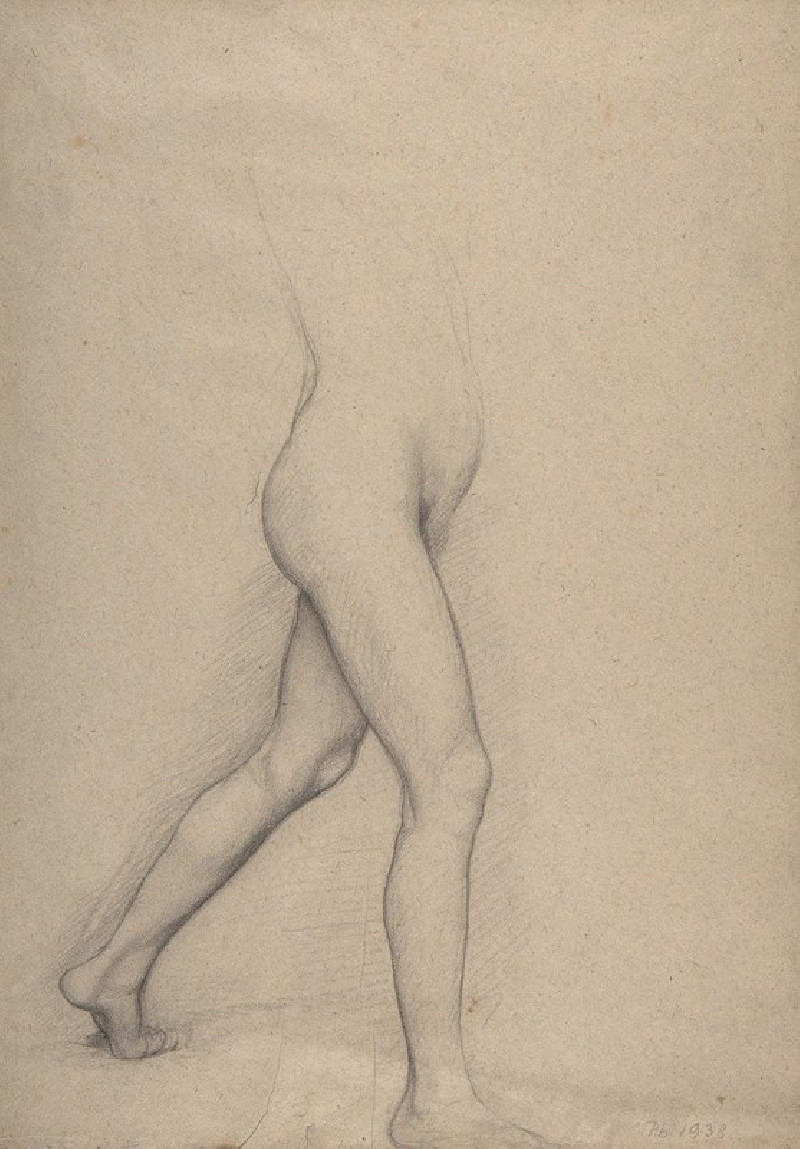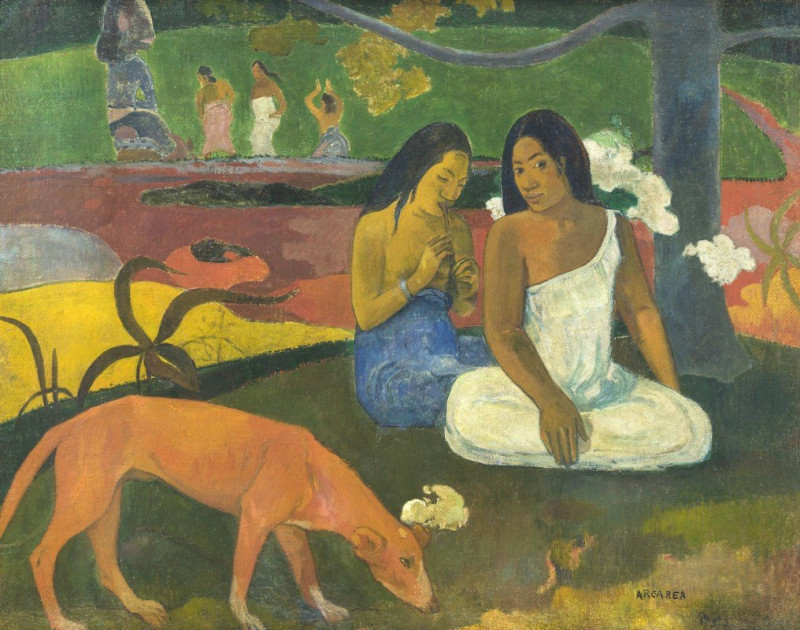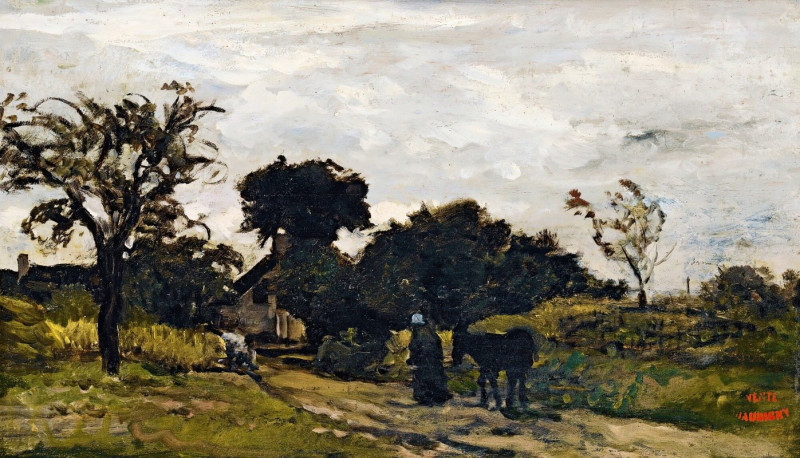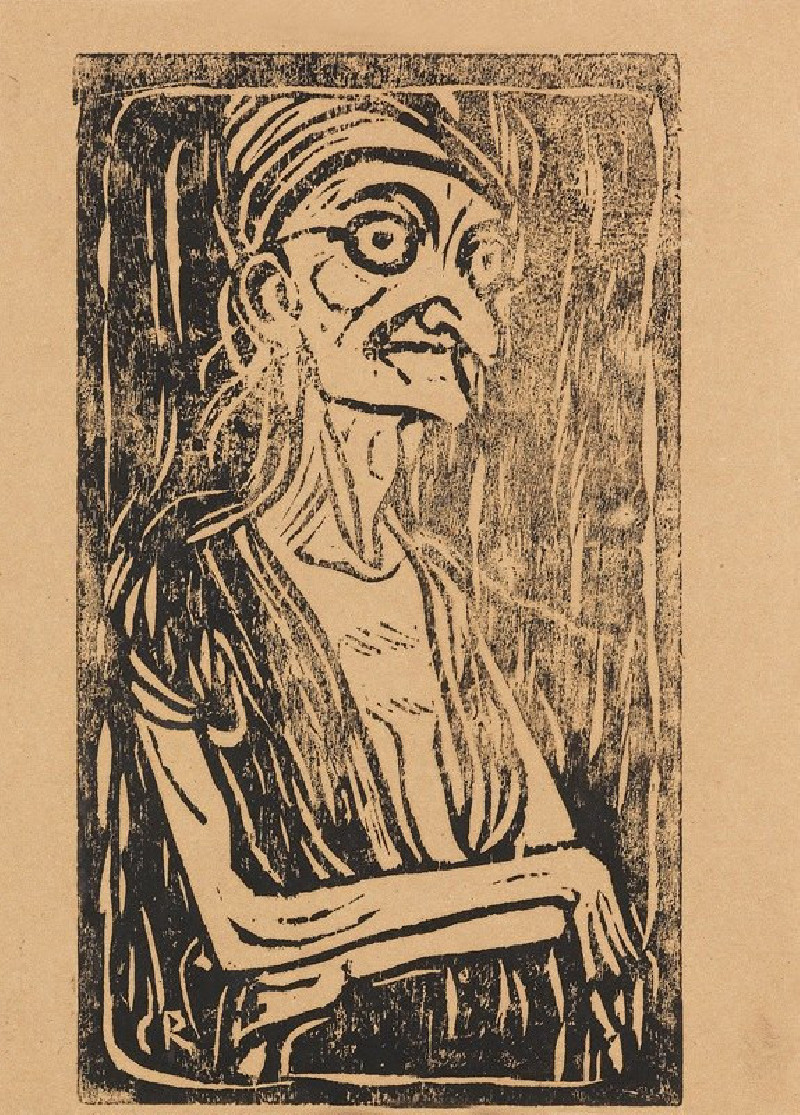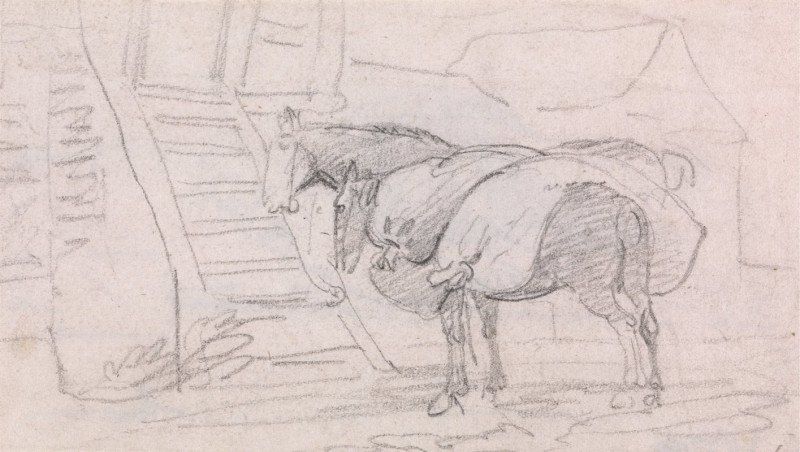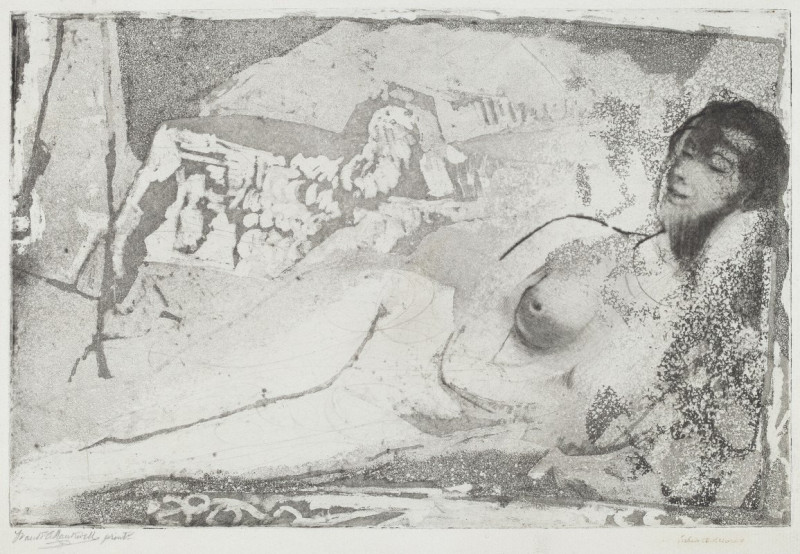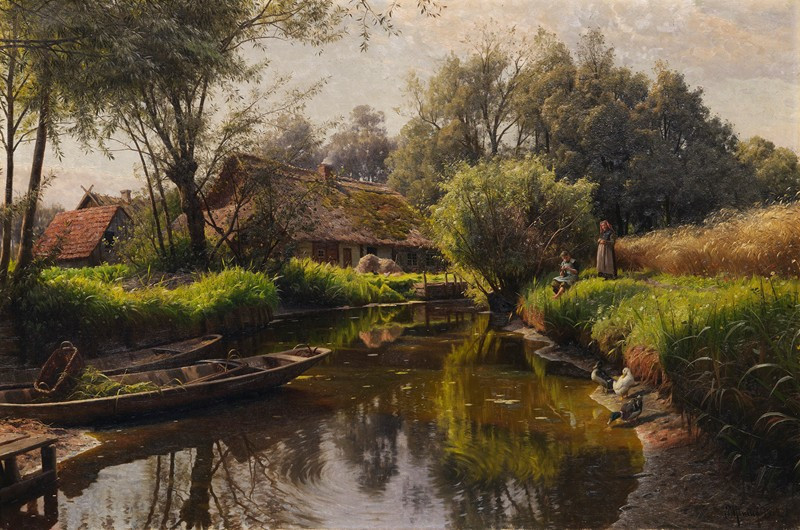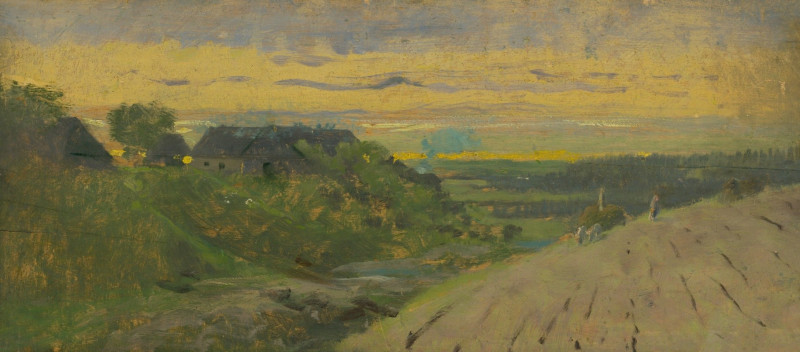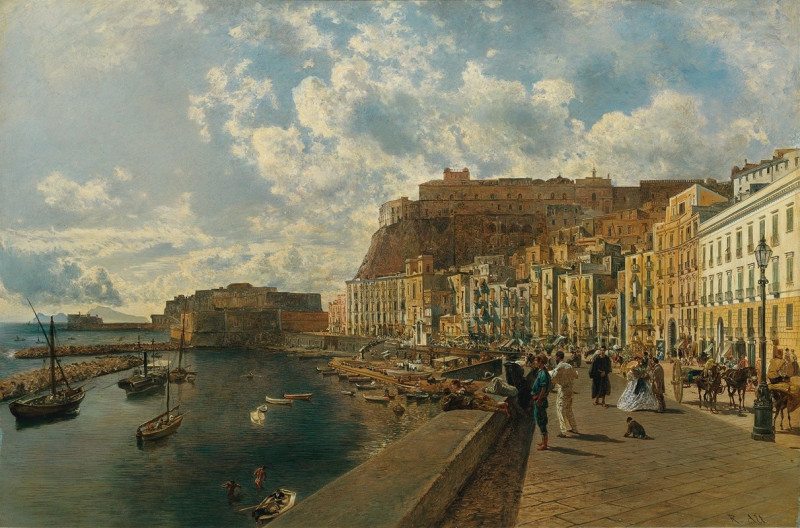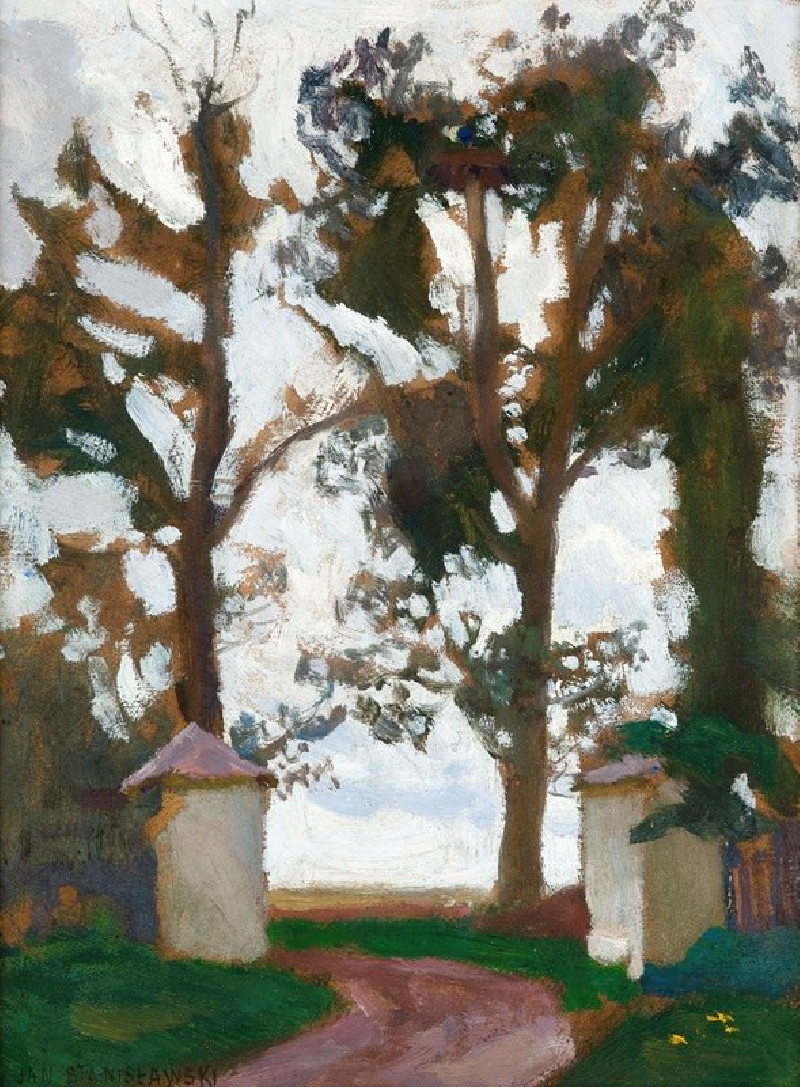Aronskelken (1919)
Technique: Giclée quality print
Recommended by our customers
More about this artwork
"Aronskelken," a striking woodcut by Samuel Jessurun de Mesquita, captures the eye with its intricate depiction of calla lilies. Created in 1919, this artwork exemplifies de Mesquita’s unique ability to blend natural forms with stylistic, almost geometric precision. The composition highlights several calla lilies, their elegant forms and sweeping curves intricately rendered against a backdrop of tightly packed vertical lines. This contrast not only emphasizes the organic shapes of the flowers but also creates a profound depth and dynamic tension within the piece.The artist’s choice of a monochromatic palette focuses attention on the interplay of light and shadow, as well as the textural details of the plant's leaves and stems. Each stroke and line is meticulously placed, showcasing de Mesquita's masterful control over the woodcut technique. "Aronskelken" is not just a depiction of nature; it is a thoughtful meditation on form, contrast, and the eternal allure of the natural world.
Delivery
Returns
Samuel Jessurun de Mesquita was a Dutch graphic artist active in the years before the Second World War. His pupils included graphic artist M. C. Escher (1898–1972). A Sephardic Jew, in his old age he was sent to Auschwitz by the Nazis, where he was gassed along with his wife. After the war, de Mesquita was largely forgotten.

